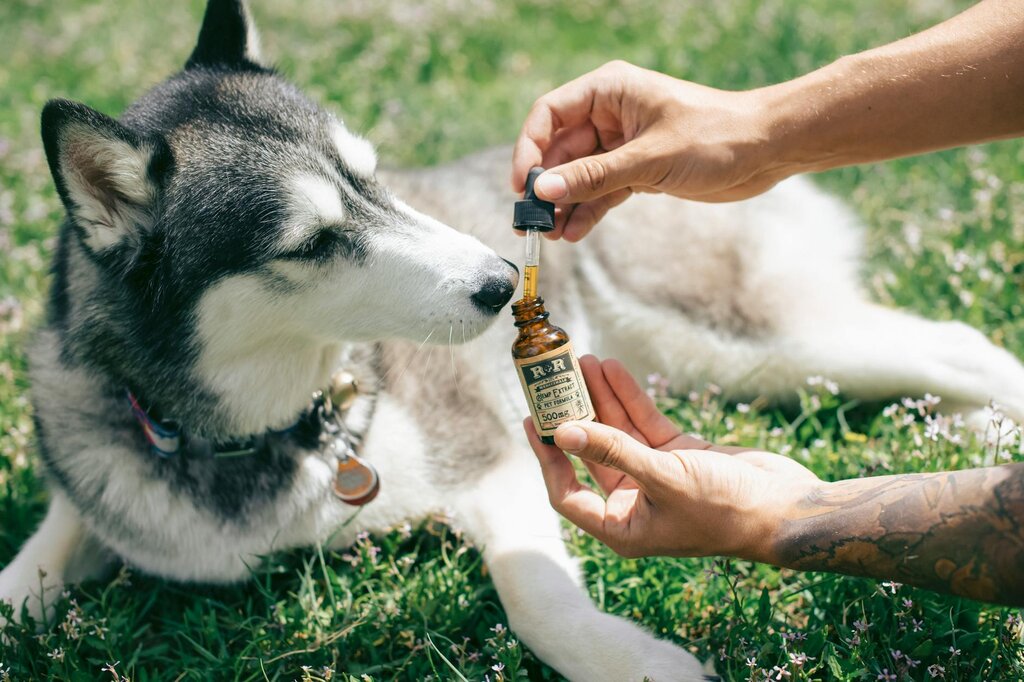Dogs and cats, comparative to humans, have a lot more Cannabinoid receptors, which makes them highly susceptible to the potential toxic effects of Cannabis. Receptors have been recorded in the salivary glands, hair follicles, skin and hippocampus of the brain. THC is also highly lipid soluble and easily stored in fatty tissues of the liver, brain and kidneys before it is eliminated.
While research is not sufficient into the topic to be certain, many studies have shown that Hemp and CBD oil products are relatively safe in dogs. They are more likely to result in mild side effects, such as diarrhoea, sedation, reddening of the skin, especially around the ears, or discharge from the eyes.
It is also important to note that multiple safety trials in dogs have reported elevations in the liver enzyme Alkaline Phosphatase (ALP) although no associated symptoms were observed. Side effects reported in cats include head shaking and increased licking.
Hemp and Cannabis products should not be used in pregnant or lactating animals as they have shown to cause infertility and pregnancy loss in mice and sheep, while cats have been proven to have a high number of Cannabinoid receptors in the reproductive tract. Further study is required, but avoidance is recommended.
What If My Pet Accidentally Ingests Cannabis?
Pets may come into contact with Marijuana in the home by ingesting the product directly, or, more commonly, in edibles such as baked goods, chocolates or candies. Cannabis in this form contains high levels of THC and can be highly toxic to pets, although rarely fatal. Our main concern is for the secondary complications resulting from THC toxicity. If your pet has consumed Marijuana or is showing the below symptoms, you should take your pet to the veterinarian immediately for treatment.
Symptoms of Cannabis Toxicity in Pets:
- Wobbly gait or Uncoordinated
- Hyperactivity or Sleepiness
- Disorientation or Vocalising
- Dilated Pupils
- Drooling and/or Vomiting
- Tremors
- Seizures
- Coma
- Low Respiratory Rate
- Bradycardia (Slow heart rate) or Tachycardia (Fast heart rate)
- Low Blood Pressure
- Increased or Decreased Body Temperature




